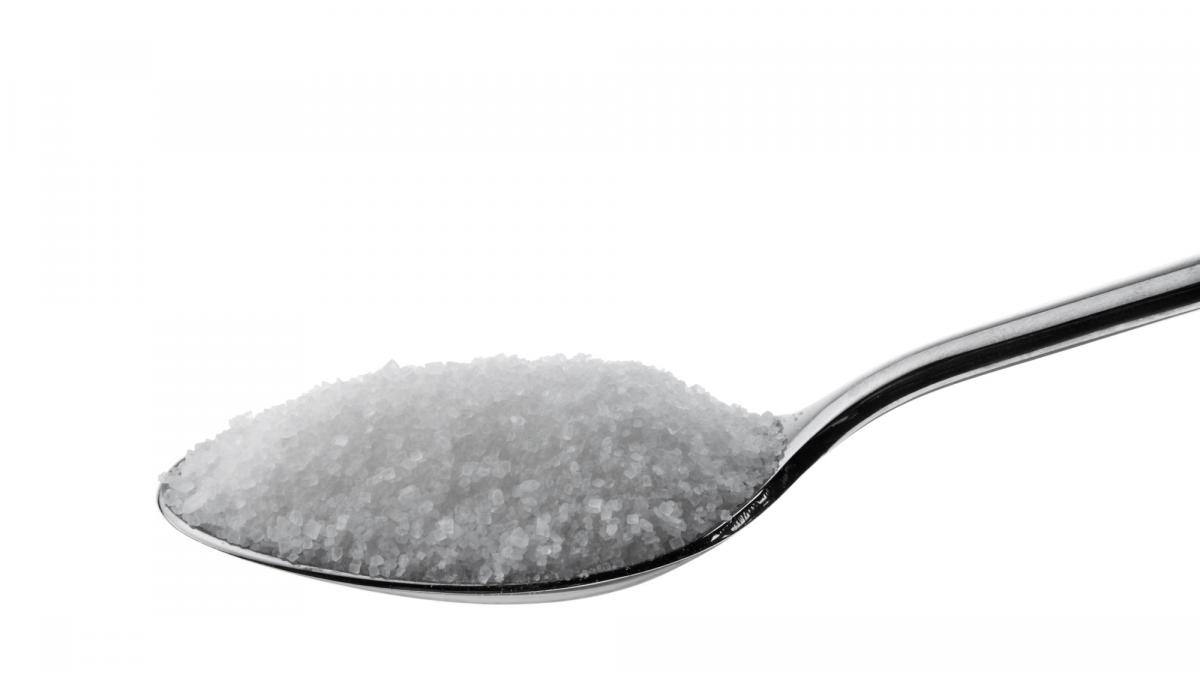Xylitol is the sugar extracted from birch and other vegetables. It looks and tastes like regular sugar and has health benefits.
What is birch sugar or xylitol. Benefits and contraindications
It was discovered in the 19th century in Finland and produced industrially since the 1930s. It was originally used as a sweetener for people with diabetes and during the Second World War due to the shortage of table sugar. It is currently used in the food industry.
Xylose is found in the fibers of some vegetables and fruits, in the bark of trees such as birch, and in corn cobs, according to InfoCons.
After extraction, xylose is hydrolyzed to break down into liquid form. It is fermented with the help of bacteria and converted into xylitol. This is then refined to obtain white crystals.
It belongs to the category of polyols, also called sugar alcohols or natural sugar alcohols. They are classified as natural sweeteners but do not contain alcohol. The category of polyols also includes sorbitol, erythritol, mannitol and lactitol.
How many calories does xylitol have?
Birch sugar looks and tastes like regular sugar but only 40% of the calories. It thus contains 2.4 calories/gram, compared to 4 calories/gram of the corresponding white sugar medicool.ro.
The glycemic index of xylitol is 12, being included in the category of foods with a low glycemic index. White sugar has a glycemic index of 65.
The glycemic index is a measure of how quickly carbohydrates raise blood glucose levels after consumption. The maximum reference value is glucose, which has a glycemic index of 100. Low-glycemic index foods have values lower than 55. Eating them can help maintain a constant level of energy and manage blood sugar.
Here are the health benefits of xylitol:
Since it is refined, xylitol does not contain vitamins, minerals or proteins, but it has some positive effects on health.
Diabetes and weight loss
It metabolizes more slowly than white sugar, so the impact on blood sugar and insulin is minor. Therefore, it is indicated for diabetics but also for people who want to reduce the number of calories consumed daily and reduce their body weight.
Dental caries
Regular consumption of xylitol is associated with a reduction in the risk of dental caries as it cannot be metabolized by the bacteria in the oral cavity that cause the appearance of caries. It also prevents the formation of bacterial plaque. Thus, xylitol is one of the ingredients found in toothpaste or mouthwash.
Osteoporosis
Birch sugar can bind calcium ions and increase the absorption of this mineral in the digestive tract. It has a remineralization effect on tooth enamel and bones, increases bone mineral density and thus prevents osteoporosis.
Ear infections
Bacteria living in the oral cavity can also cause middle ear infections, a common problem in children. Birch sugar can “starve” some of these bacteria, such as Streptococcus pneumoniae, preventing acute otitis media.
Daily use of chewing gum sweetened with xylitol in children with recurrent otitis reduces the frequency of illnesses by 40%.
Candida albicans infections
Birch sugar also works against Candida albicans infections. It reduces the ability of this fungus to adhere to surfaces, contributing to the prevention of oral candidiasis. Limiting the consumption of sugars, such as fructose and sucrose, and replacing them with xylitol or sorbitol helps to control colonization of the oral cavity with Candida albicans.
Use
Xylitol is found in stores as a coarse powder, similar to powdered sugar. It is soluble and stable at high temperatures, so it can be used in foods heat-treated by boiling or baking.
It is used in confectionery, pastry, bakery, fruit preserves, breakfast cereals, dietary products and food supplements, chewing gum, etc. Birch sugar can NOT be used in foods that contain yeast, as it destroys them.
Adverse effects
Polyols pass through the digestive system unchanged, but are fermented by bacteria in the colon. Fermentation generates intestinal gas and abdominal discomfort, bloating, flatulence and/or diarrhea. It is therefore contraindicated for people with intestinal disorders such as irritable bowel syndrome or ulcerative colitis. On products containing xylitol, the inscription “may have a laxative effect” is mandatory, according to InfoCons.
Adults without digestive problems easily tolerate about 10-30 grams of xylitol/day, divided into several smaller doses. After the body gets used to the birch sugar, the consumption can increase up to 70 grams per day without side effects.
2023-10-17 17:30:01
#Health #benefits #birch #sugar #pay #attention


